There are no miracle cures for histamine intolerance; let me say that up front. You should always ask your physician, functional medicine practitioner, naturopath, etc. before you start on a new supplement or medication. That said, I think that being prescribed honey has been a high point of my illness, so far.
Not just any honey, either, but Manuka honey, for histamine intolerance! I'd been hearing about the stuff from down under for many years, mostly for how expensive it is. Now I had a bonafide reason to buy a jar, and in true me fashion, I bought three and pit them against each other.
So here's a full overview of the relationship between honey and histamine intolerance, and how Manuka honey could fit into the equation.
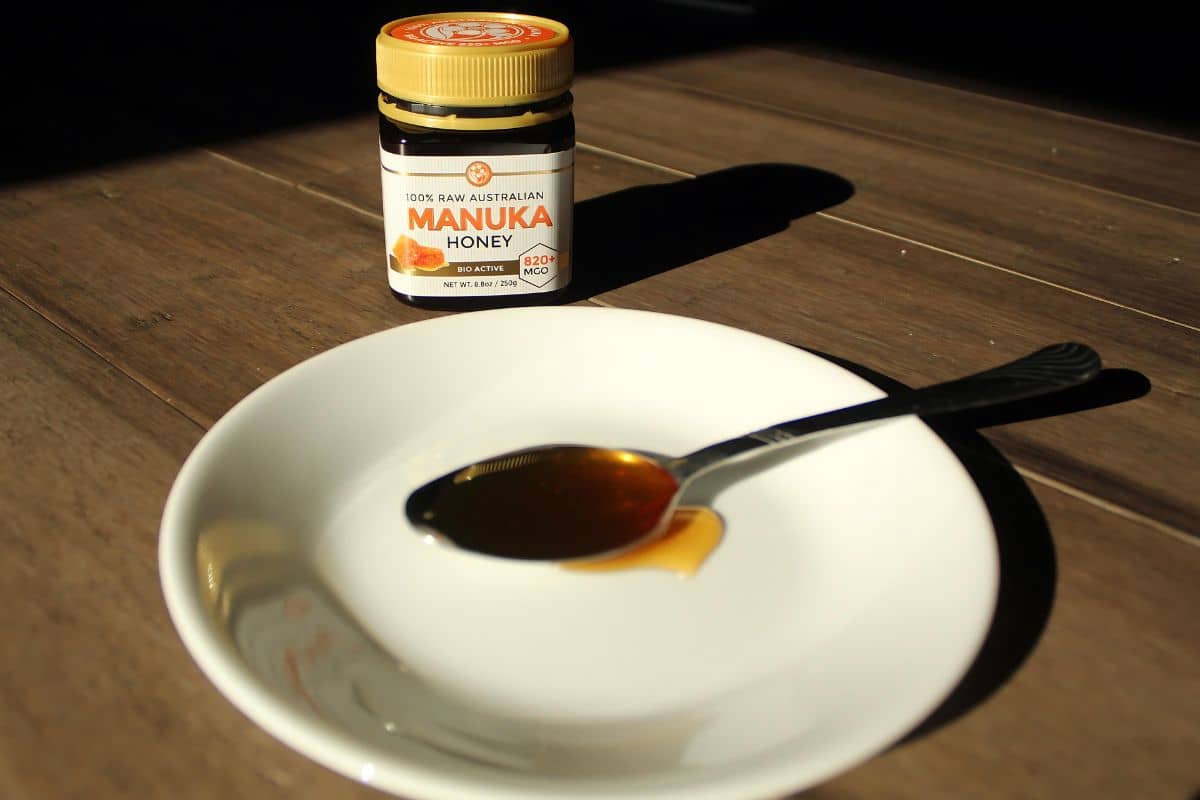
Jump to:
📄 A Quick Review of Histamine Intolerance
First of all, histamines are a compound released by cells in reaction to a perceived threat or threats. It's one of many types of immune system responses, and in addition, histamines are already present in the environment and almost all foods we eat.
Someone who needs to eat a low histamine diet, like myself, needs to avoid high histamine foods and histamine-stimulating activities & environments. In practice, this comes down to eating a very fresh diet of select fruits and vegetables, as well as a limited amount of animal products, grains, and nuts.
Histamine intolerance (or histamine sensitivity) is a complicated affliction, however, and because of varying individual factors, no two sufferers will be able to eat the same foods. If you even suspect you may have histamine intolerance, you should be under the supervision of a holistic health practitioner or a functional medicine doctor.
In fact, it was my functional medicine doctor who connected me to the idea of honey as a healing food. Well, beyond healing a broken heart with a sugar rush, that is.
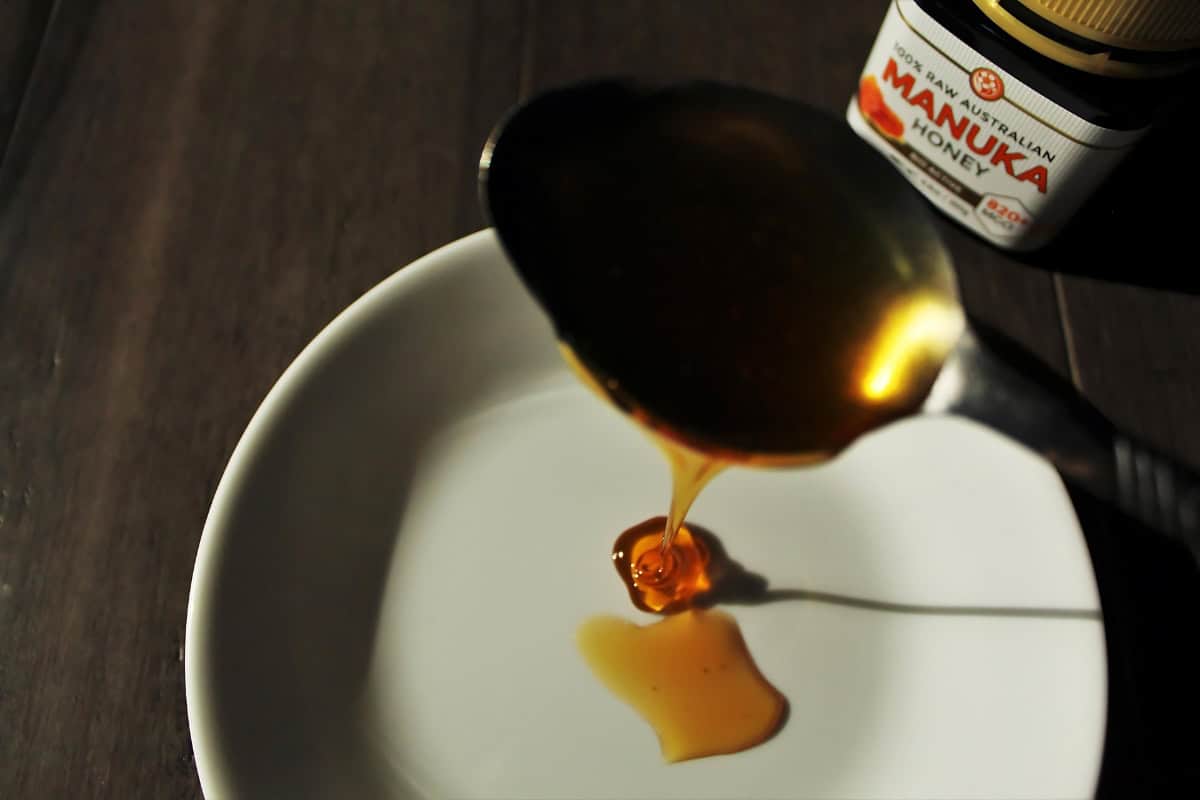
🐝 Is Honey Low Histamine?
Technically, honey is low histamine. But as I said above, histamine intolerance is a complex and very individual condition. For a variety of cellular and systemic reasons, every body tolerates different foods to a different degree. Additionally, at its core, honey is a type of sugar.
Sugars affect blood sugar levels, increasing inflammation, and therefore increasing the body's histamine response/histamine levels. So no matter what honey you eat, consume it in moderation.
On top of all that, there are so many different types of honey that it's not fair to even call all of them "honey." Some honeys aren't even real (see: bear-shaped "clover honey"). Honey is the third most commonly-faked food, according to author Larry Olmsted.
But even beyond the fake stuff, one could say that there are levels to all of this, starting with the huge batches of commercially-produced honey, continuing with raw & low-processed honeys, like the one I use in most of my homemade cosmetics.
From there, you get into the medically-relevant honey. If you want to use honey for histamine intolerance or regular seasonal allergies, you can opt for raw, minimally-processed honey harvested within 50 miles of your home, or for Manuka honey.
You can find local honeys at a farmer's market; just remember to ensure that the bees only feed on organically-grown flora. Manuka honeys with high MGO levels, however, still largely must be purchased online (unless you happen to live in Australia or New Zealand).
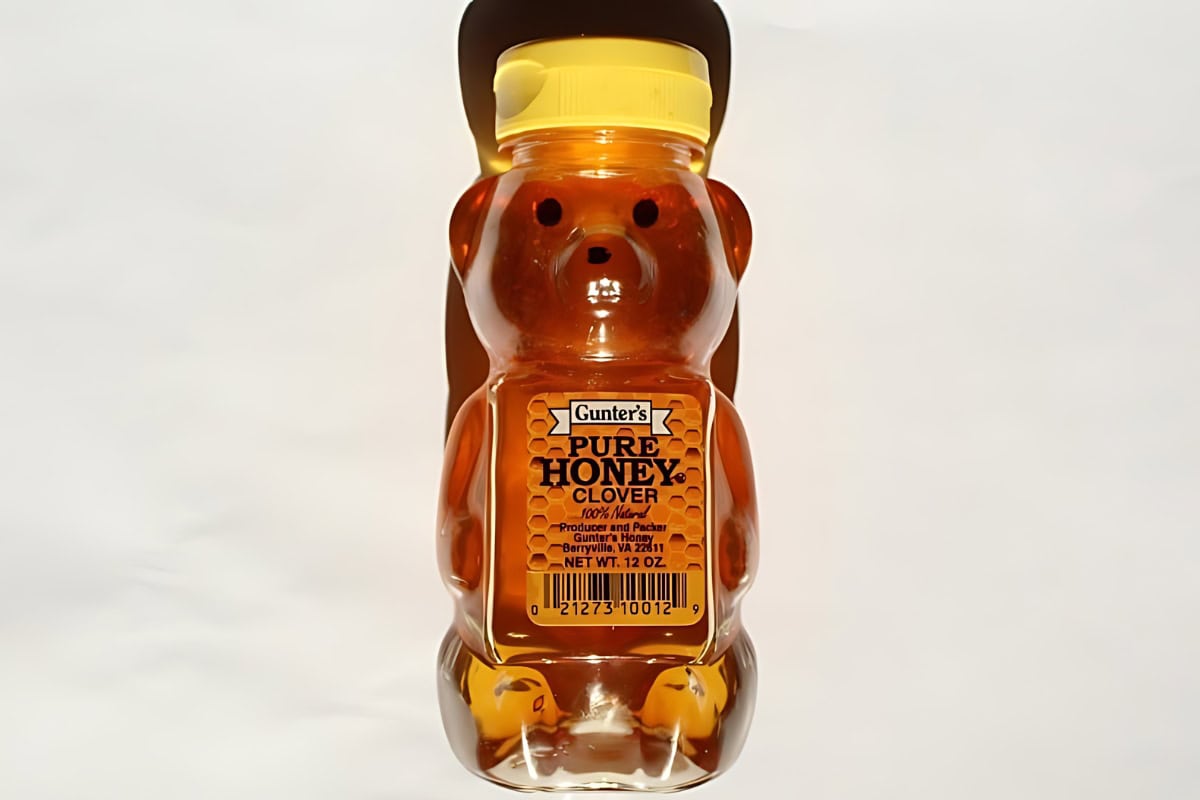
❓ What is Manuka Honey?
Manuka honey has become somewhat synonymous with New Zealand, just as the apiaries there would like it to be. The name Mānuka actually comes from the native New Zealand Māori word for the tree from which the famous honey's pollen & nectar are harvested, and later turned into the honey of the same name.
But this famous healing honey can also be harvested in certain regions of Australia, where the Mānuka tree also grows. I won't get into that debate here, but suffice it to say that from many hours of research, as long as the honey has the proper screening, it's just as valid a Manuka honey as any other.
The reason it's so prized comes down to the antimicrobial properties of the honey. These properties can be hundreds of times more potent than any other honey you'd buy off the shelf (virtual or otherwise).
There's even a special vocabulary within Manuka honey, distinguishing the active antimicrobial power of each individual honey (measured in MGO) and certifying that the honey is really from Manuka-harvesting bees in New Zealand (UMF). MGO is more important than UMF, since Australia also has Manuka trees; but you can read more about all the various tests done on Manuka honey here.
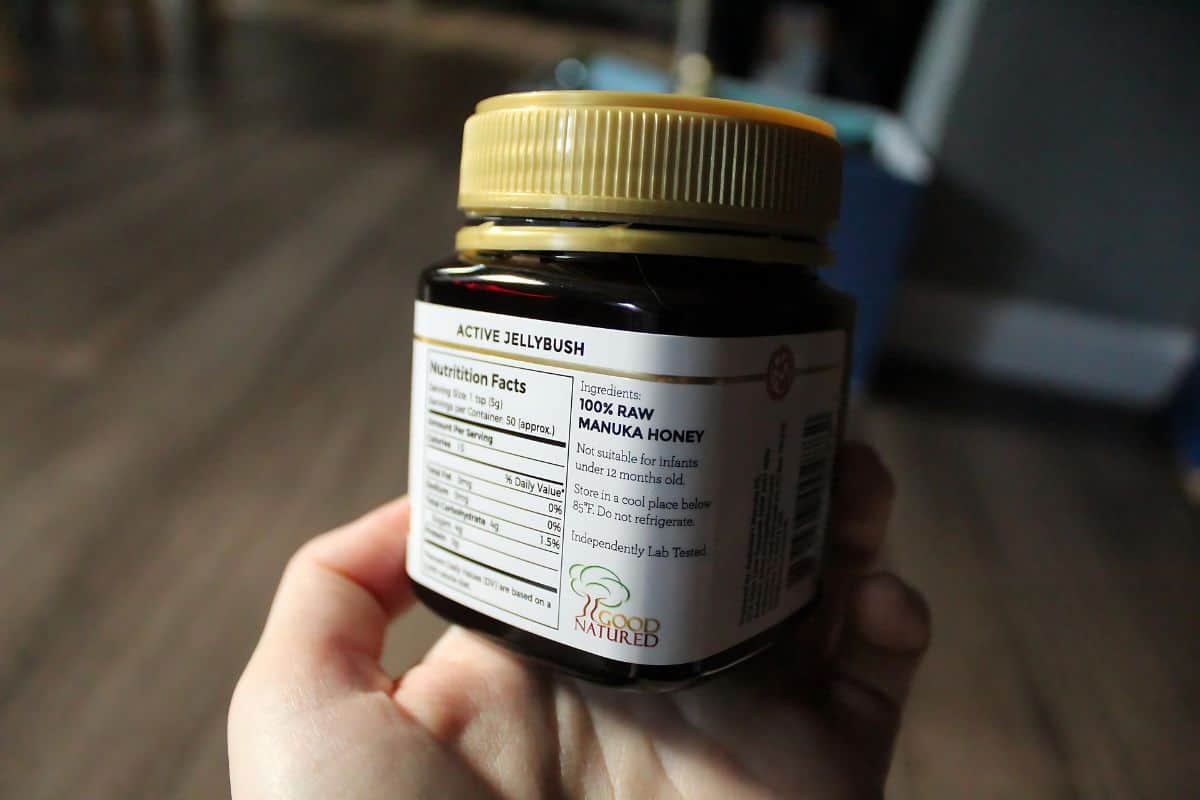
Manuka Honey in particular contains various antimicrobial properties, the same ones which make it so notoriously effective at naturally fighting illness. This includes those histamine-producing bacteria which may be contributing to your histamine sensitivity, including yeast and candida overgrowth; pathogenic overgrowth is a rather common cause of histamine intolerance.
Note that there is a difference between antibacterial and antimicrobial. While antibacterial products kill bacteria, antimicrobial substances prevent the spread of fungi, bacteria, parasites and even some viruses. This means that it can help balance out your gut rather than just generally kill off bacteria.
The most important consideration when buying Manuka honey for histamine intolerance is that you buy one that's been lab-tested as MGO 500+, or even better, MGO 800+ (as are all the ones reviewed below).
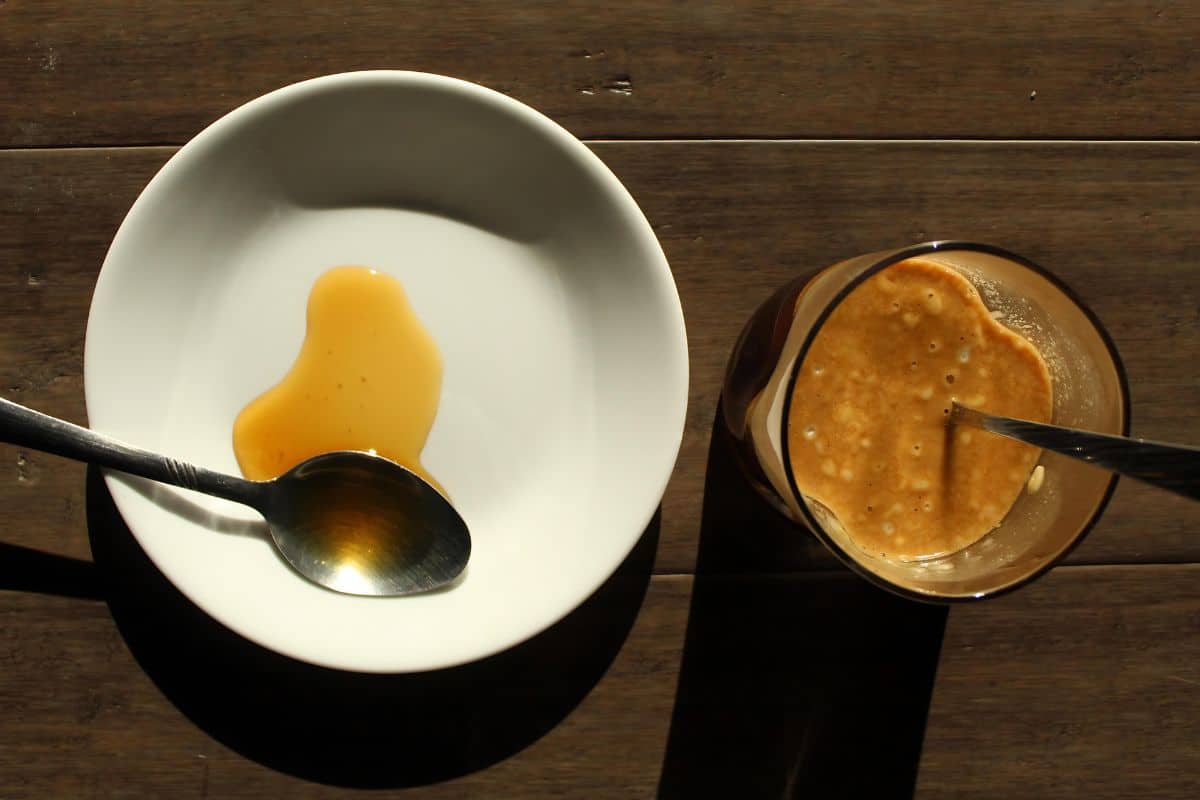
🍯 Manuka Honey & Histamine Intolerance
According to my nutritionist, after adding in Manuka honey for its antibacterial properties, many people also tolerate small amounts of local honey quite well. This is because raw, local honey (harvested within ~50 miles of your home) contains pollen from regional plants and flowers, which can inflame your system when you're exposed out in nature. That exposure can increase your base histamine levels, whether you realize it or not.
Eating small amounts of local honey a few times a week builds up your immune response to those regional pollens by exposing you to very low levels of the irritant. In turn, this allows your body to slowly build up a tolerance.
A small study from Malaysia has found that consuming local, raw honey can result in reduced allergy-like symptoms associated with histamine sensitivity. While I wouldn't recommend honey of any kind during the first month or two of your elimination diet, when you do add it back in, treat it like any other "new" food.
Try just a very small spoon of it along with food you already know you tolerate well. That way, as with any other foods your body is no longer used to, you can tell within a day or two whether or not it upsets your system.
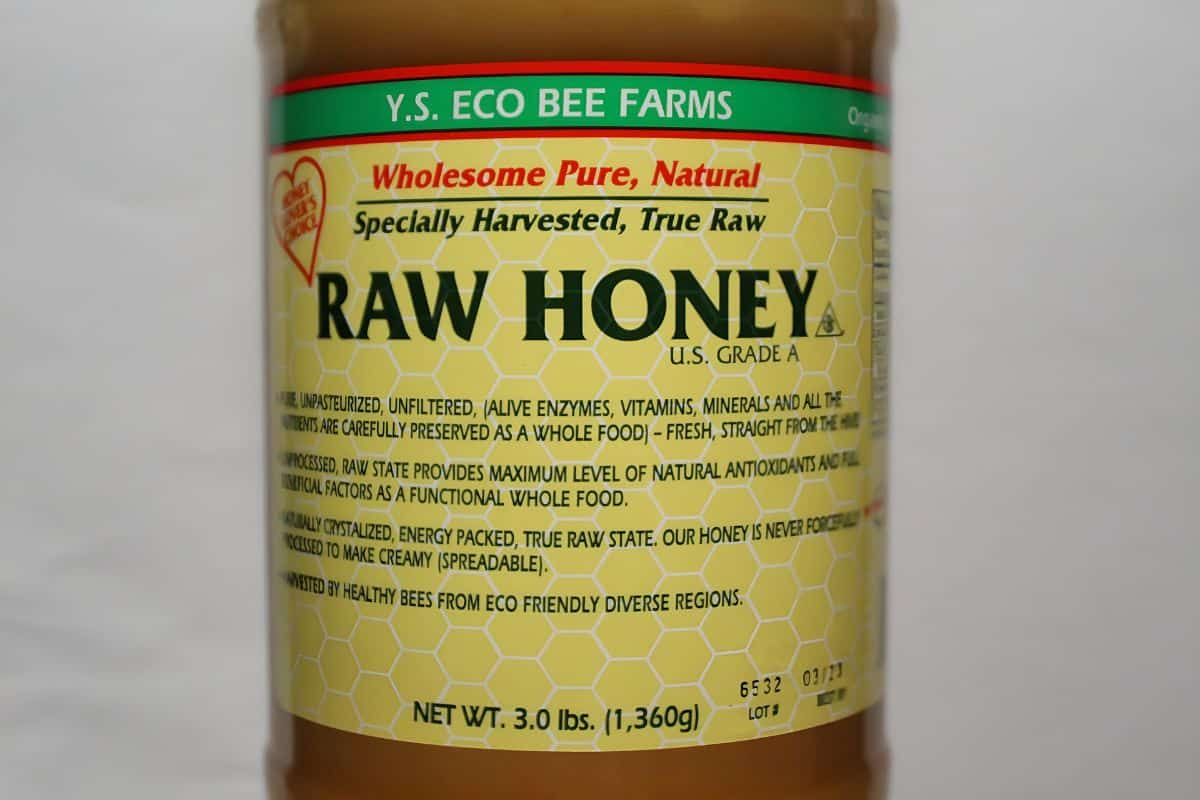
Other Uses For Manuka Honey
As for using honey in any other context, I've used raw honey as my face wash for 6+ years. Once I did my Manuka honey tasting (see below), I took half of my least favorite jar and put it in a glass container in my bathroom; I've been using it as a spot treatment for more severe redness & inflammation.
I've found that it almost soaks into my skin when I let it sit on my skin for an hour-plus. While the cost of a jar of Manuka honey may not be as pricey as some anti-ageing face washes, I know it's still out of reach for most people.
But if you can afford it and tolerate it well, I highly encourage you to try adding small amounts of Manuka honey into your diet (and/or onto your skin). It's been wonderful to finally have a sweetener for my coffee again, one that doesn't make my stomach cramp up within minutes & is doctor-approved!
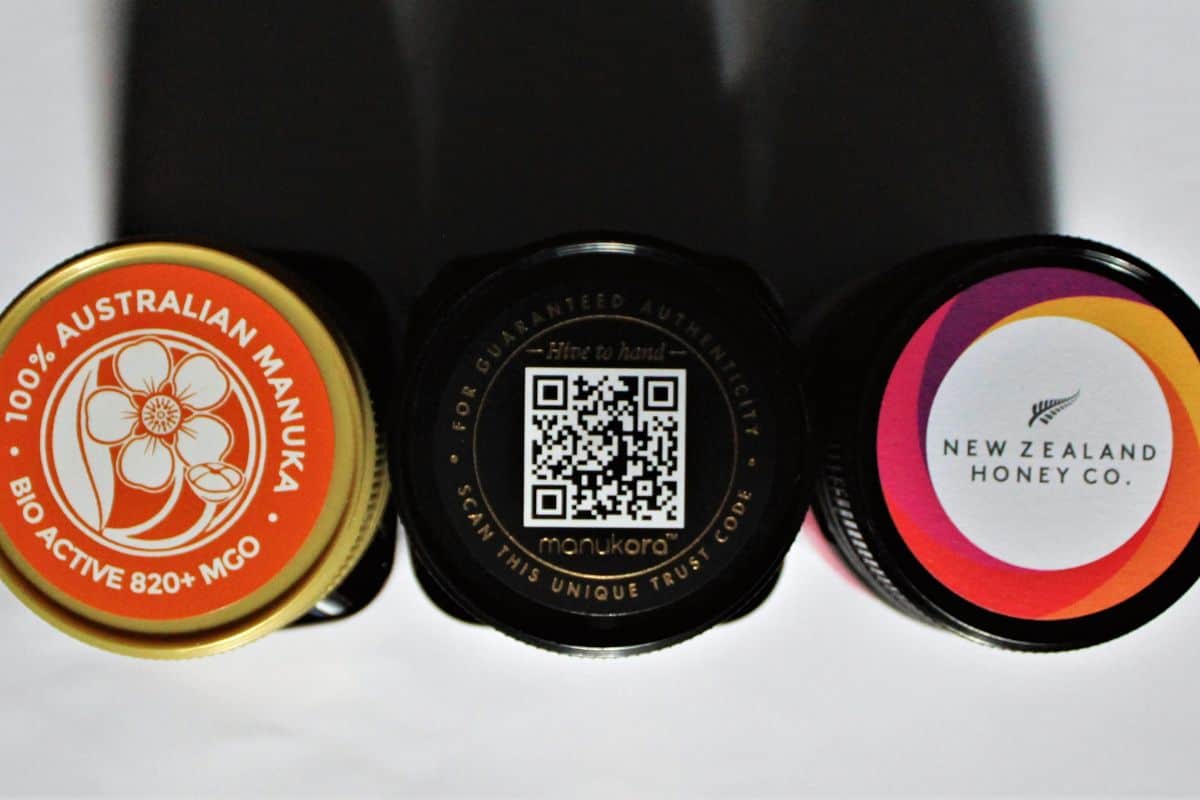
Just remember that really small amounts of sugars (of any kind, including honey) can cause a rapid increase in blood glucose levels, which can further inflame an already-irritated body. I can't tolerate much sugar in one sitting, beyond a large peach, maybe a peach and a half.
When I'm having my morning coffee with Manuka honey, I almost always have it right after lunch or with a serving of soluble fiber, so that there's more food in my stomach to keep my blood glucose level stable. Just remember that every body is different, and I cannot emphasize that enough.
My own balancing act ensures I've eaten a healthy meal, while also rewarding me for it with a tasty cup of coffee. But for you, maybe that's a small smoothie or a bowl of oatmeal. No matter how you treat yourself, however, Manuka honey could sweeten the deal in a health-positive way.
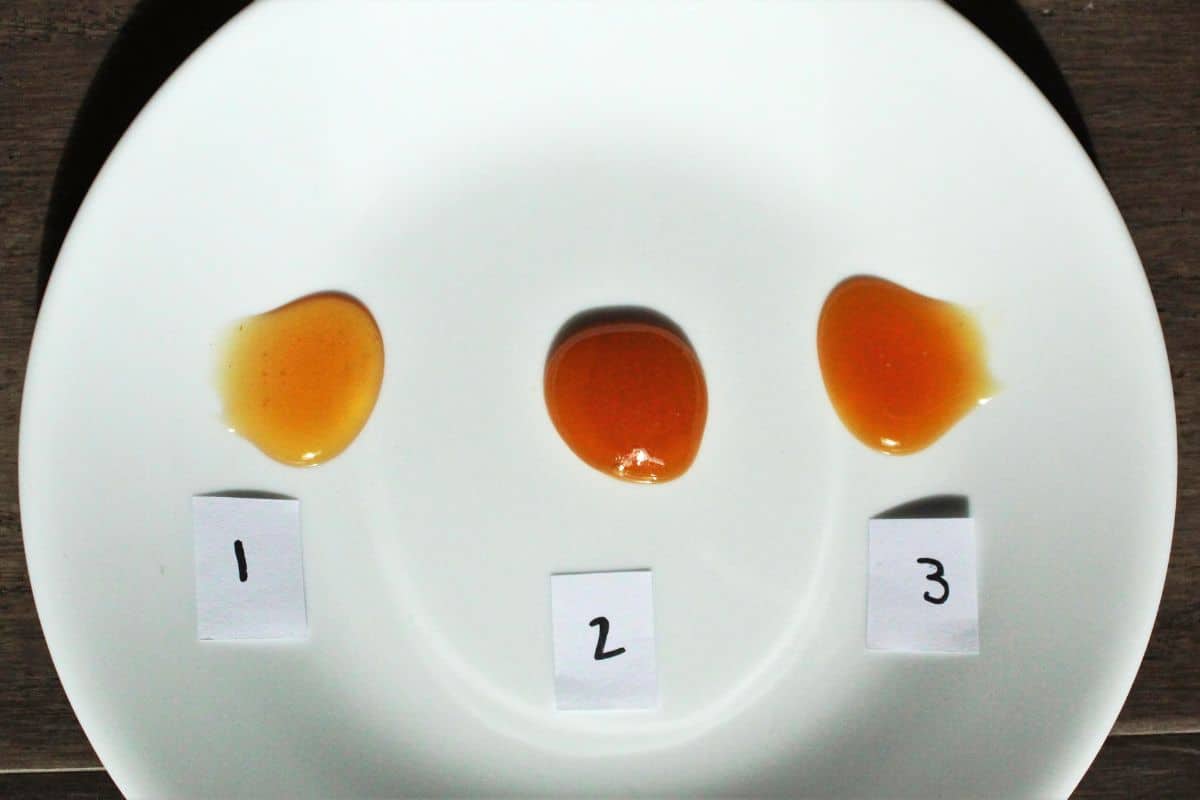
📝 Manuka Honey Reviews
While I'd heard of Manuka honey before now, I had never bothered to try it until it was basically prescribed to me! It was just so expensive, but craving sweetness as I was, I decided it was worth a try. But I wanted to do some investigating first.
After learning all about MGO, UMF, and the New Zealand vs. Australia debate, I felt like an informed enough buyer to purchase the right kind of Manuka honey (yes, there are many different types!). Once I'd reintroduced coffee with success, I bit the bullet and finally invested in a jar of Manuka honey, the first one from Australia. I loved it!
It's quite sweet, and was very different from any other honey I'd had. My body still seems fine with the one tablespoon daily, as prescribed by my doctor, so I decided to find a favorite. I bought two other brands of Manuka honey with the same specifications, each of those from New Zealand. I'll start with my favorite: Manukora.
1) Manukora, UMF 20+/MGO 830+
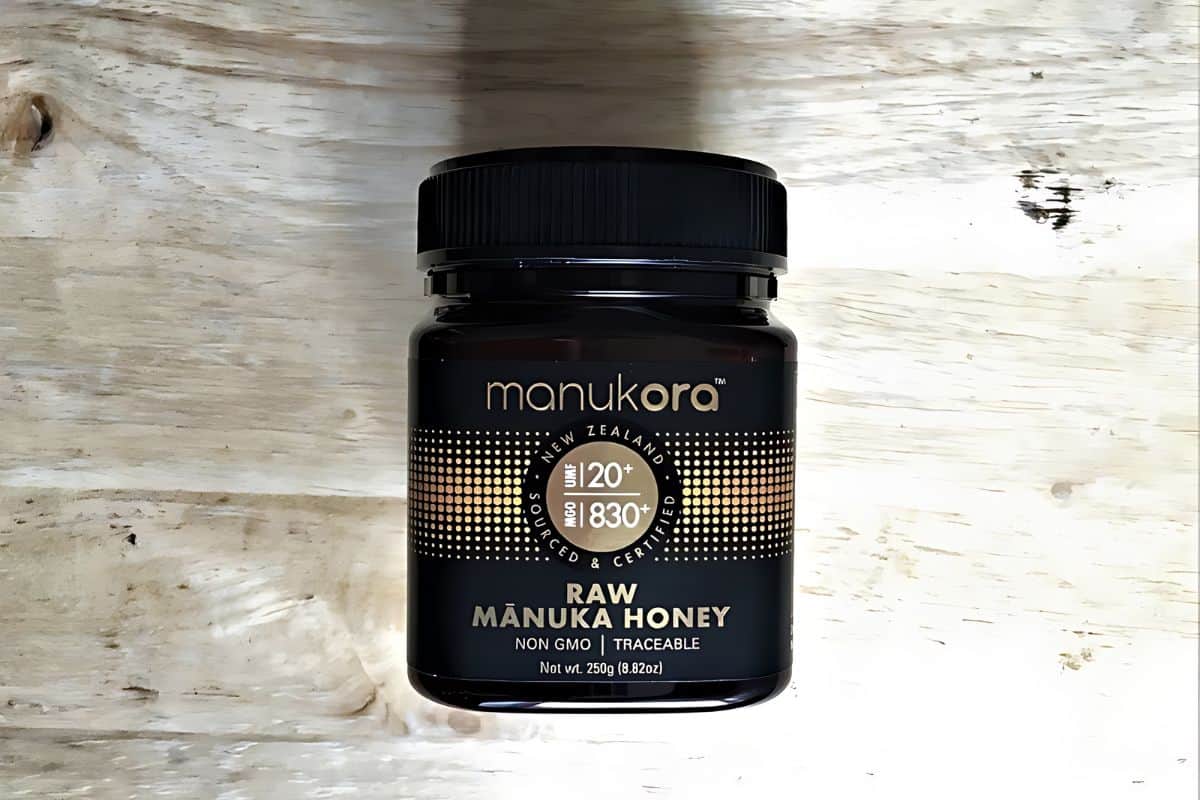
Origin: New Zealand
Dollop Number: 2
Even in a warm room on a summer day, this honey is very viscous; it's got undertones of tobacco and sweet tarts candy, which I sweat is a good thing. The combination stops it from tasting cloyingly sweet, but the kick of sweetness at the beginning quickly mellows out into herbal marshmallow root flavor.
It had me really savoring the teaspoon I started with. Overall, this honey tastes the most satisfyingly sweet to me, rather than merely addictive (like most sweets are). I'm on my 3rd jar, as of posting this!
2) Good Natured, MGO 820+/NPA 20+
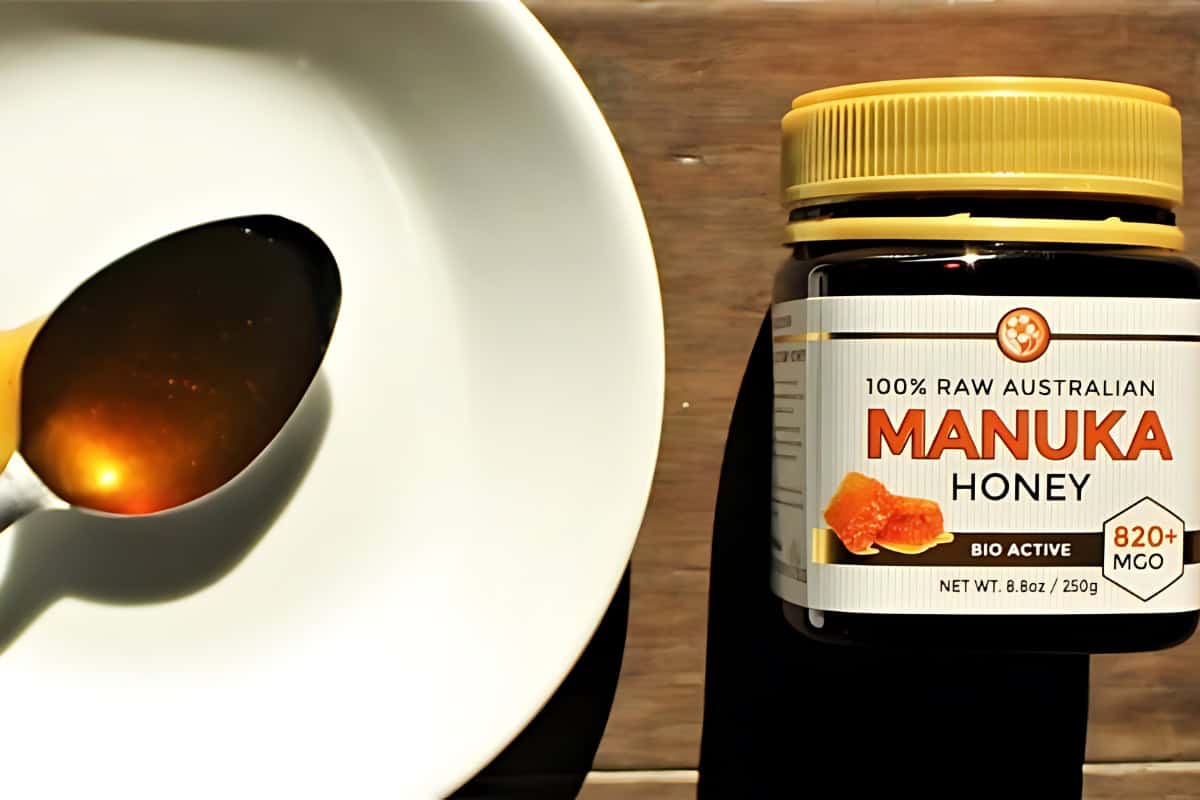
Origin: Australia
Dollop Number: 1
None of these Manuka honeys tasted very honey-like to me, but this one definitely came the closest to the clover stuff most of us grew up on. It's very sweet and liquid, melts into your mouth, and punches you in the taste buds with sweetness.
When tried by itself, it's lightly fruity and a little addictive. This was my second-favorite to serve in my morning coffee because it blended in more as sweetener than honey, if that makes sense.
3) New Zealand Honey Co., UMF 20+/MGO 829+

Origin: New Zealand
Dollop Number: 3
Holy spearmint, Batman! This honey is definitely the most unusual-tasting of the three; it even smells different. At first, it tasted like fennel and mint had been ground right into it, but eventually I put my finger on what it really tastes like: root beer.
It tastes exactly like if root beer had a baby with honey; I kid you not. The sweetness level and overall flavor stay relatively consistent throughout, and it tastes the least sweet of the jars, without a doubt. It's moderately viscous, and interesting and tasty, but for having with my coffee it's not the best choice.
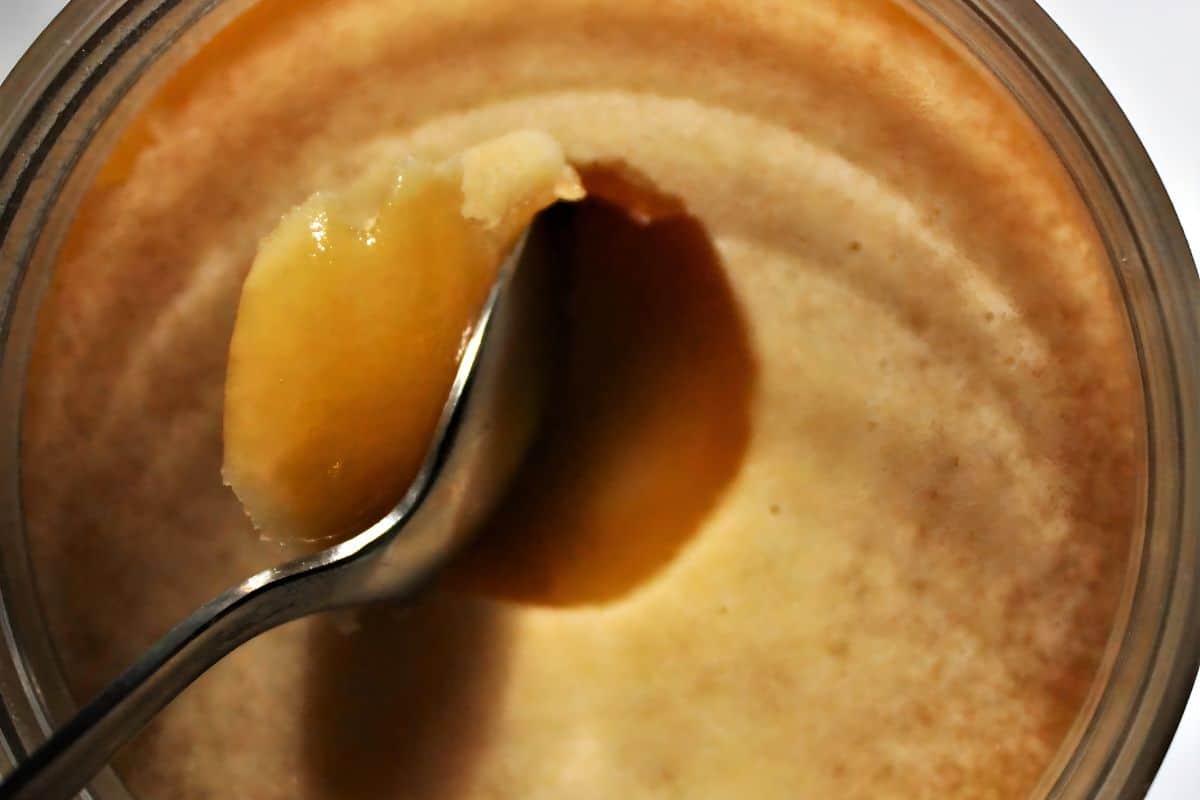
🔍 Honey & Histamine Intolerance FAQ
Like most other sweeteners, honey isn't directly high in histamine, but the spikes in blood sugar that honey can cause can raise overall histamine levels in response to the inflammation.
If you have any other questions about honey & histamine intolerance please drop them below!


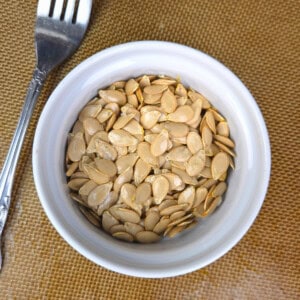
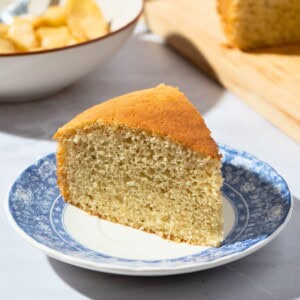

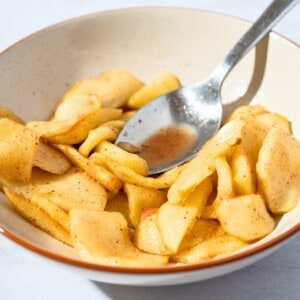
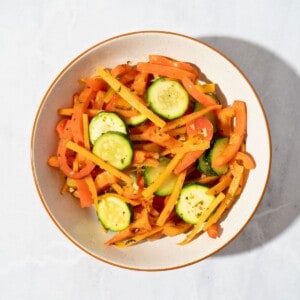

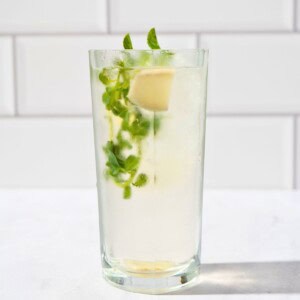
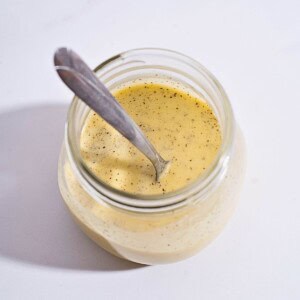
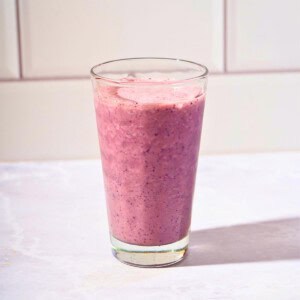
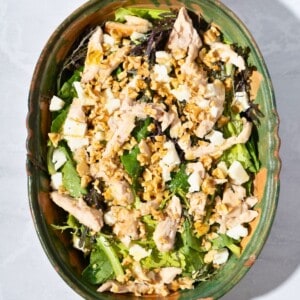
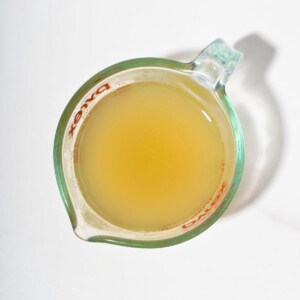
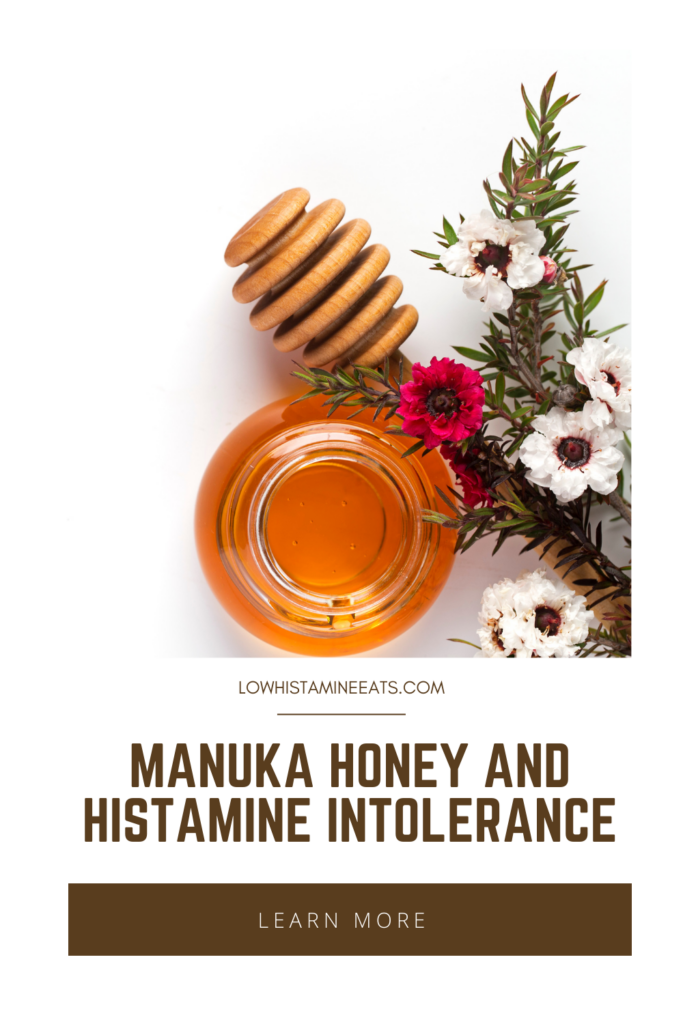
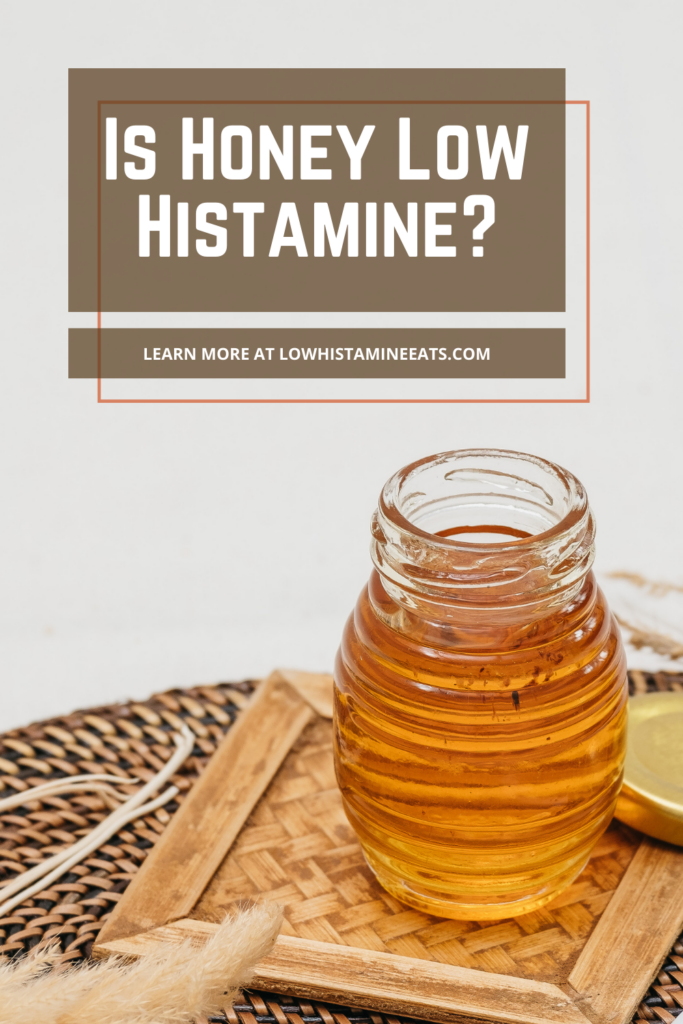
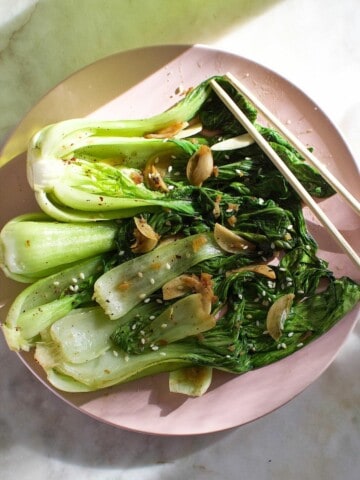

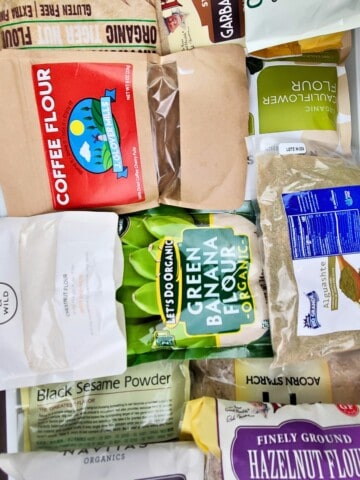
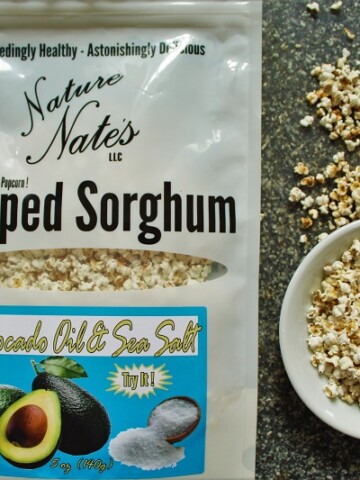
Elaine says
“Manuka honeys, however, must be purchased online (unless you happen to live in Australia or New Zealand). “ This is not the case , I live in Scotland and bought mine instore in Costco.
Max says
You are indeed correct! When I originally wrote this in 2020, 5 years ago, it was few & far between that you could find Manuka honey outside of an online market; though even these days it tends to be a Manuka honey with very low MGO activity, so there's something to consider in regards to how efficacious the honey you're spending money on may be vs what you expect form it. I'll update that sentence in the post, thank you for the feedback.
Mona says
Hi Max, your article inspired me not to give up on honey, except for the ones that are manufactured (think little bear containers ). I tried out the Manuka honey and am very pleased to report that my body is accepting it! Thanks for the inspiration and thanks for the article. Truly appreciate it. 🥰
Max says
My pleasure, Mona! I'm so glad you've found another thing you can tolerate and enjoy - I hope that trend continues, and have a very sweet week! 🙂
Gloria J says
Hello there, i've been reading your articles for quite a while now since early 2023I have histamine intolerant bordering on mast cell activation M. I am in the midst of being tested for all of that but I have begun treating myself. One of them is raw honey which I do take twice a day at least. And I also began taking quercertin. I know the honey has helped and the quercertin is helping tremendously. Thanks for all your work and info that you put out, it has been so helpful. God bless
Max says
Thank you for your kind words, Gloria! I'm so glad to read that you've found the site helpful, and more than that, that you've found things that help YOU feel better! Sending big hugs. 🙂
Fatma says
Very informative, thank you 🙂
lowhistamineeats says
You're very welcome, Fatma! I'm glad you found it helpful.
Jaine Aldon says
I was able to find good information from your articles. Thank you.
lowhistamineeats says
Thanks, Jaine! I hope they continue to. 🙂